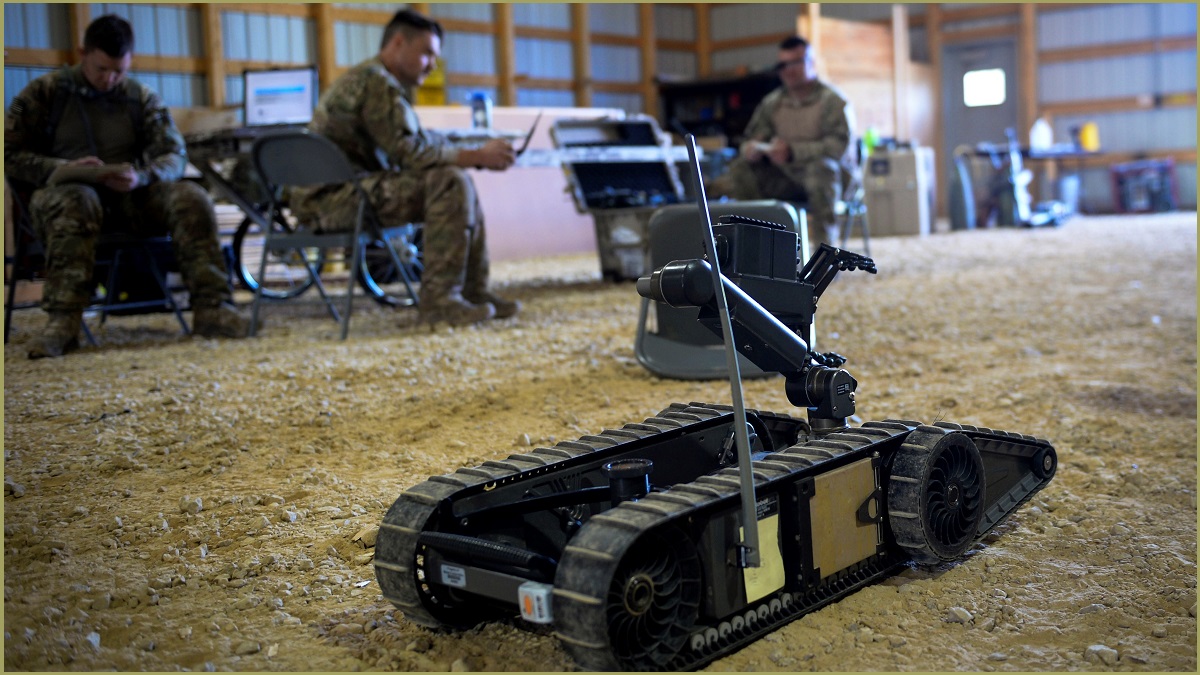A high powered US Commission has recommended the United State not join any international treaties prohibiting the use of AI driven weapons systems.
Chaired by former Google CEO Eric Schmidt, The National Security Commission on Artificial Intelligence, which includes AWS founding boss, Andy Jassy, and Oracle Chief Executive, Safra Catz, recommended the US not join a global prohibition on autonomous weapons systems.
“The effects of a prohibition agreement likely would run counter to U.S. strategic interests,” the committee said in its draft final report released last week.
“Commitments from states such as Russia or China likely would be empty ones. Such an agreement would not serve the goal of putting political pressure on the states that are most likely to deploy autonomous systems in unsafe and ethically concerning ways.
“Rather, the primary impact of an agreement would be to increase pressure on those countries that abide by international law, including the United States and its democratic allies and partners.”
The Committee did however recommend that computers should not be trusted to decide when to fire nukes, writing “the United States should make a clear, public statement that decisions to authorize nuclear weapons employment must only be made by humans, not by an AI-enabled or autonomous system.”
Set up "to consider the methods and means necessary to advance the development of artificial intelligence, machine learning, and associated technologies to comprehensively address the national security and defense needs of the United States”, the committee looked at the military and broader economic aspects of AI tools with sweeping recommendations on maintaining the US’ leadership in the field.
Unsurprisingly the commissioners found China was their greatest rival, saying “China is a competitor possessing the might, talent, and ambition to challenge America’s technological leadership, military superiority, and its broader position in the world.”
“Within the next decade,” the report continued, “China could surpass the United States as the world’s AI superpower.
“On a level playing field, the United States is capable of out innovating any competitor. However, today, there is a fundamental difference in the U.S. and China’s approaches to AI innovation that puts American AI leadership in peril.”
The report did however recommend keeping ties with the Peoples’ Republic open, with the proposal to establish a high-level U.S.-China Comprehensive Science & Technology Dialogue (CSTD), saying “the United States should establish a regular, high-level diplomatic dialogue with China that benefits the American people, remains faithful to our allies, and presses China to abide by international norms.
In its draft report released last year, the committee recommended the US enter formal AI cooperation agreements with Australia, India, Japan, New Zealand, South Korea, and Vietnam as part of its regional defence strategy.
The Australian government has been looking to adopt AI technologies in local defence forces with the Federal Minister for Defence Industry, Melissa Price, announcing $10m in investment late last year.
That amount is dwarfed by the US committee’s recommendation of providing US$32bn in annual Federal government funding for AI development. Other, non-military, proposals for maintaining the United States’ AI dominance included expanding domestic STEM education, improved talented immigration programs, strengthened IP rules and better co-ordination of R&D funding along with boosting the US’ microprocessor manufacturing capabilities.
Artificial intelligence also creates a range of opportunities and risks for all nation, the report highlighted, saying “across our entire society, we will need to address these new complexities with nuanced approaches, intellectual curiosity, and care










